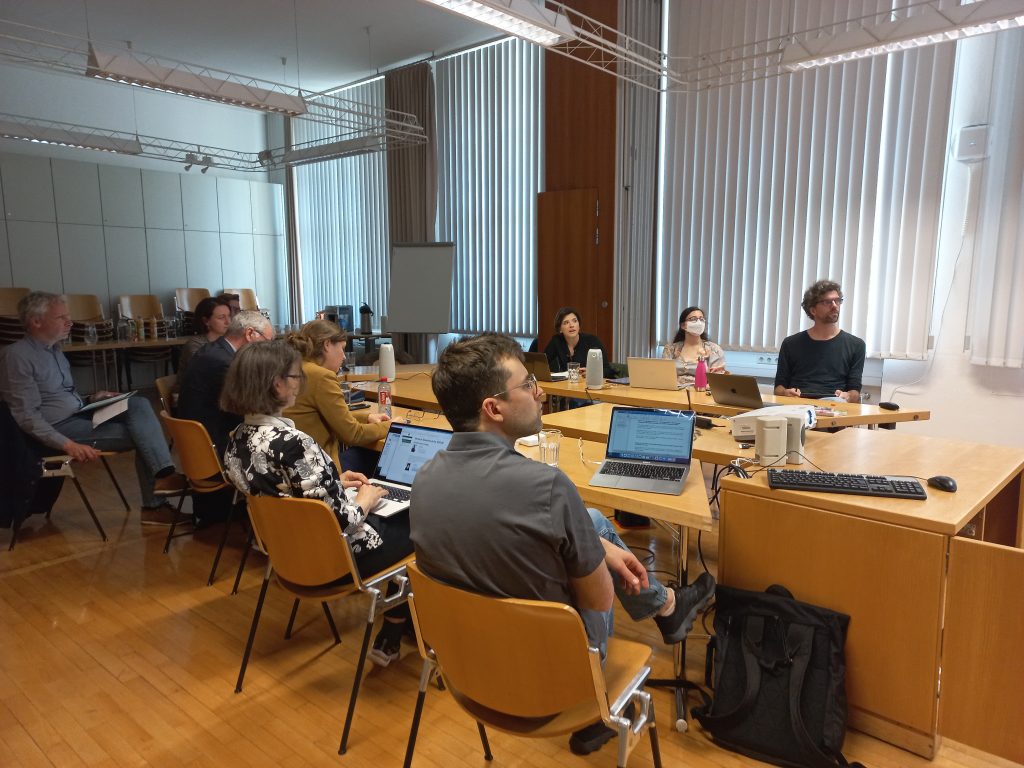Viadrina University and the Jean Monnet Chair Redemo, UWr, jointly organize a workshop “Turning the tide: opposing challenges to democracy accross contexts” funded by the German-Polish Foundation, DPWS, on March 26-27 2026 in Frankfurt (Oder).
https://redemo.eu/wp-content/uploads/2025/12/Call-for-Papers-for-workshop.docx
Digitalisation of Parliaments: Enhancing Institutional Resilience? Research workshop (April 9th 2025, Wroclaw)
https://redemo.eu/wp-content/uploads/2025/04/Workshop-programme-April-9th-2025.docx
Meeting of the Jean Monnet Network on Digitalisation and E-Governance in Europe (April 7-8 2025, Wroclaw)
Jean Monnet Chair ReDemo at the Faculty of Social Sciences hosts (7-8 April) the meeting of the Jean Monnet Network on E-governance and digital transformation in the EU (ENDE). Jean Monnet Networks are EU-funded prestigious research networks made up of scientists heading Jean Monnet Centers, Chairs or Modules. The main areas of the recently established ENDE network are related to the practical implementation of e-governance in the European Union. The rapid development of digitization not only changes the lives of citizens, but also affects the perception of the European Union and the functioning of institutions such as political parties and national parliaments. The aim of the interdisciplinary project, which combines political and European sciences, economics, law, international relations, and sociology, is to understand these processes, forecast trends and consequences of the ongoing changes.
During the current meeting, members of the JM Network ENDE will meet and exchange ideas with other research groups working on digitalisation based at the University of Wroclaw: the DIGITAL JUSTICE CENTER (prof. Karolina Kremens, UWr) & COST Action “Regaining linkage? Digital technologies improving civic engagement, political organisations and democracy” (prof. Michał Jacuński, Uwr)
The last day is devoted to the research workshop entitled “Digitalisation of Parliaments: Enhancing Institutional Resilience?”. During the workshop contributors discuss application of digital tools such as genAI to the legislative context.
State and Future of European Union Fiscal Integration. A Special Issue Workshop (November 14 2024, Wroclaw)
This workshop is financed by Jean Monnet Chair ‘ReDemo’ held by Aleksandra Maatsch, Faculty of Social Sciences, University of Wroclaw and partnered by the project “CONCILIA: Democratic Legitimacy in the Post‐Crisis European Economic Governance” (No. 2021/43/D/HS5/2022) which is funded by Polish National Science Centre (PI Tomasz P. Woźniakowski). The workshop convenes contributions to a special issue of Journal of European Public Policy. The guest editors: dr Tiziano Zgaga (University of Konstanz), dr Tomasz P. Woźniakowski (Institute of Political Science & Jean Monnet Chair team member, University of Wroclaw) and Prof. Dr Eva Thomann (University of Konstanz). This workshop analyses in depth the complex construction of the present European Union (EU) fiscal integration, conceived as the policy mix of resources (fiscal capacity) and rules (fiscal regulation), in order to understand in what ways the EU could fiscally “think bolder” in the future. This special issue investigates the nature and the determinants of the current EU fiscal integration and aims to shed light on the future EU fiscal integration.
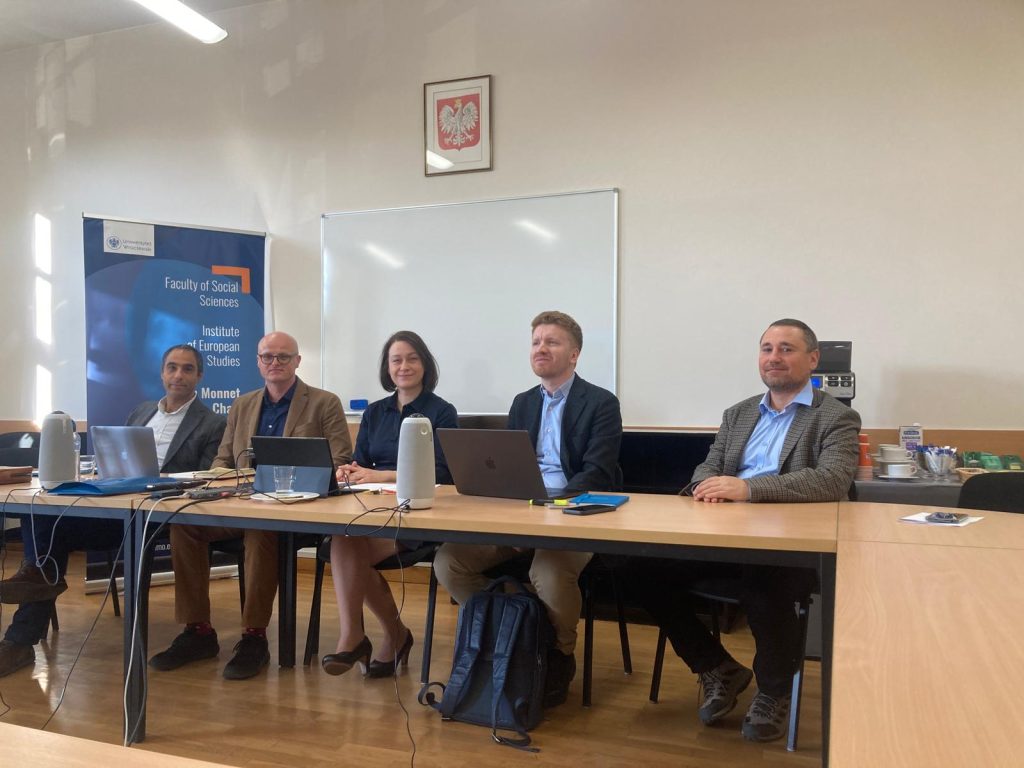
Conference ‘When Stakes are High: European Parliament Elections in Times of Polycrisis’ (May 7-8 2024, Wroclaw)
The Jean Monnet Chair, partnered by the regional representation of the European Parliament in Wroclaw, organised a conference entitled “When Stakes are High: European Parliament Elections in Times of Polycrisis” (May 7th & 8th). The conference took place at the Department of Social Sciences (May the 7th) and in the House of Europe where the regional representation of the European Parliament is located (May the 8th). The conference was composed of discussion panels revolving around contemporary challenges in the European Union in the context of EP elections.
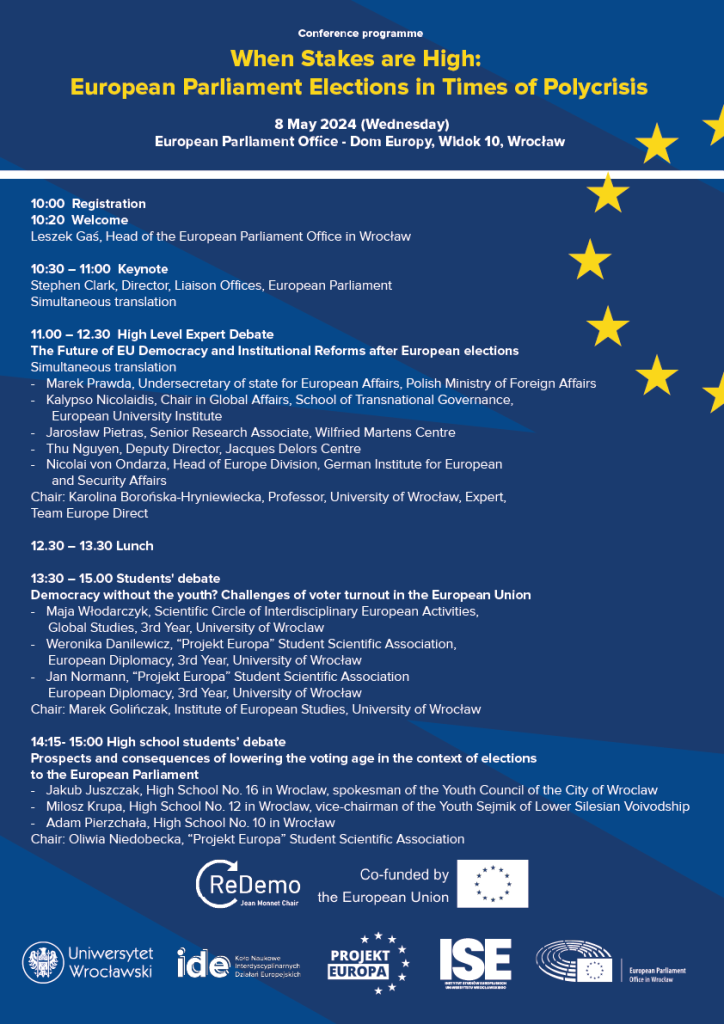
The first panel (in the Polish language) discussed the forthcoming EP elections in the Polish context:
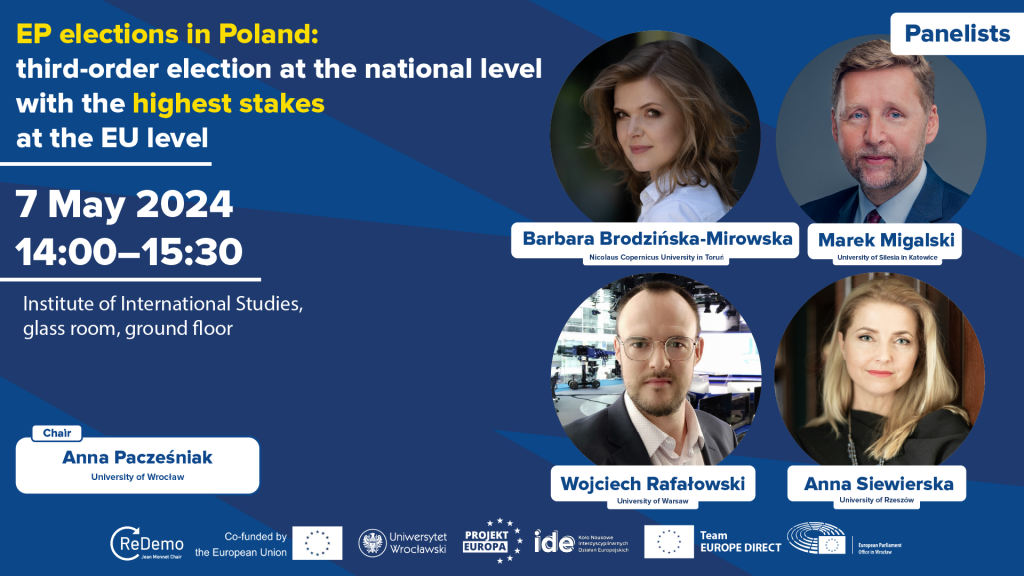
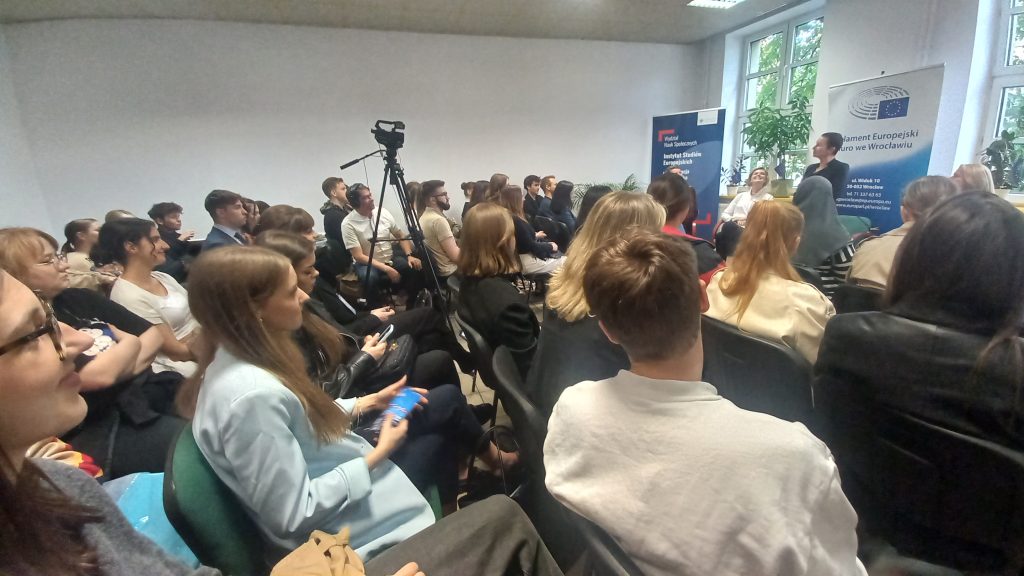
The second day of the conference began with the keynote by Mr. Stephen Clark, the Director of Liaison Offices, European Parliament, who talked about defending democracy during the upcoming European elections:

The next panel (in EN/PL, simultaneous translation) discussed the future of democracy in Europe and the institutional reforms of the EU:
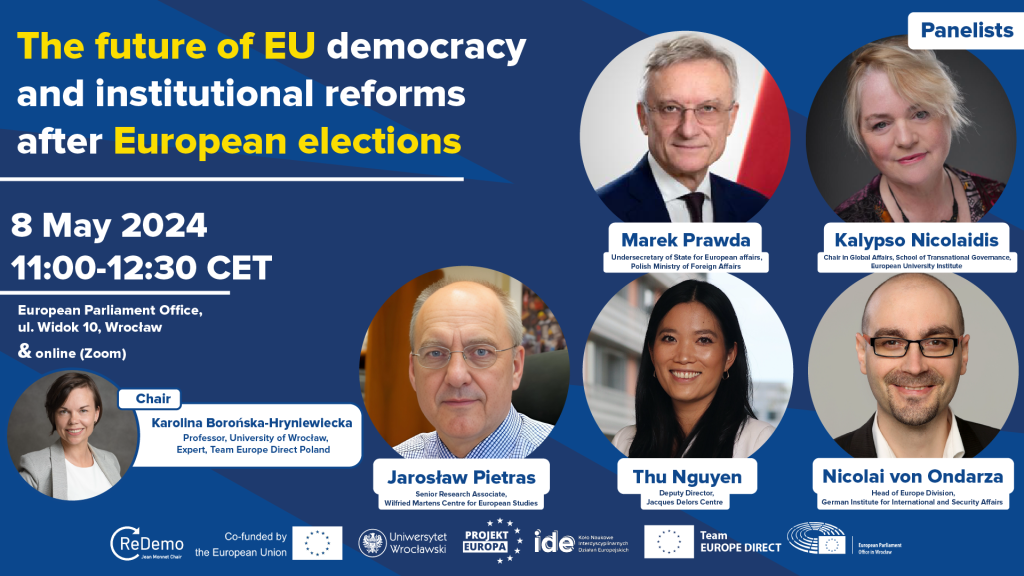
The discussion was followed by the panel of our university students who discussed young voters’ turnout in EP elections:
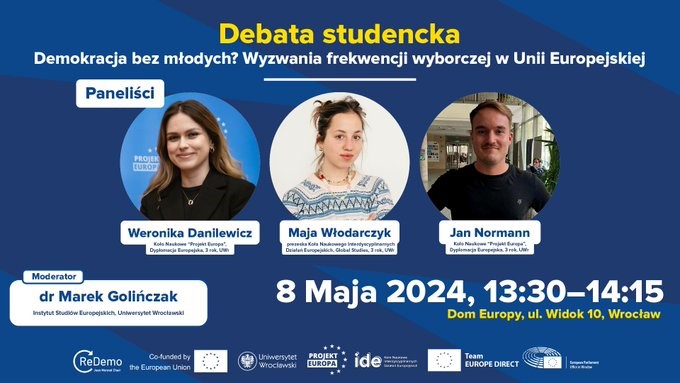
Finally, our university student, Ms Oliwia Niedobecka, talked to high-school students (Jakub Juszczak, Milosz Krupa, Adam Pierzchała and Mateusz Ślepecki) about advantages and disadvantages of lowering the voting-age from 18 to 16:
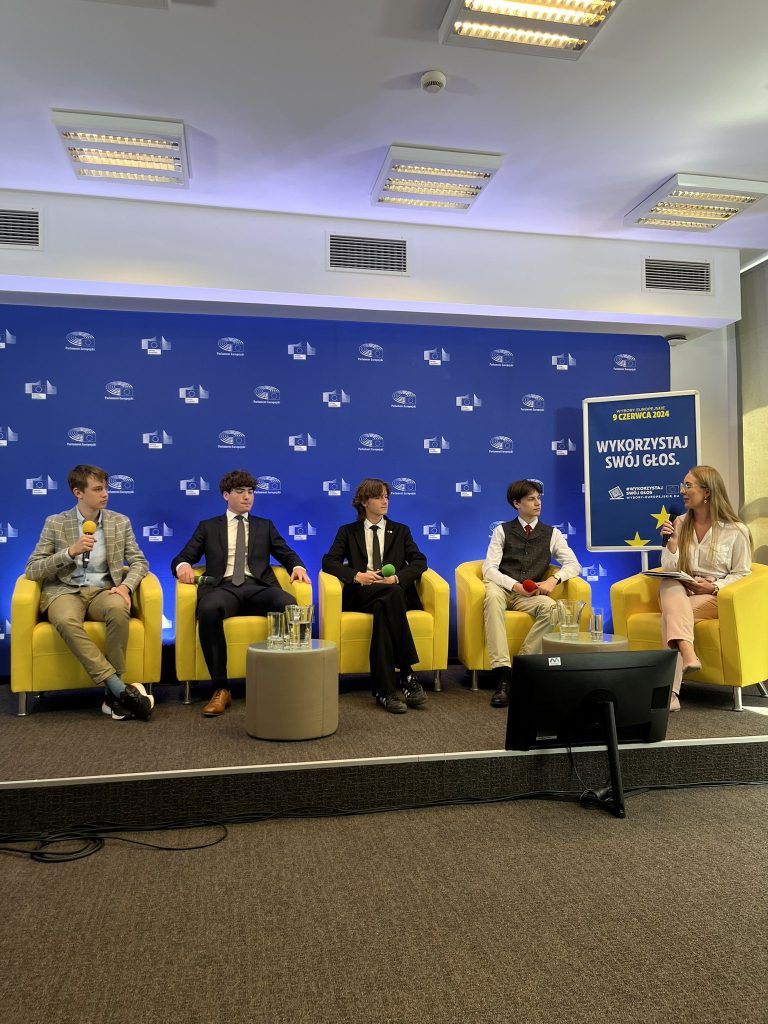
European Parliament Elections 2024: WHEN STATEKS ARE HIGH: EUROPEAN PARLIAMENT ELECTIONS IN TIMES OF POLYCRISIS (May 7-8, 2024, Wroclaw)
The upcoming European Parliament elections are the subject of a political debate and an academic conference to be held on May the 7th and 8th 2024 at the Faculty of Social Sciences and the European Parliament Office in Wrocław. On the first day, the Faculty (Koszarowa 3 Street) hosts a debate with politicians representing political parties competing for seats in the EP. The names of the politicians will be revealed – one by one – during the upcoming days. The debate with politicians will be chaired by university students. The debate will be followed by experts’ panels to be held on May the 8th at the European Parliament’s Office in Wroclaw, 10 Widok Street.
Within the framework of the academic conference, Polish and foreign experts will discuss the significance of the EP elections from the Polish perspective as well as reforms of the European Union. Finally, the conference will also host panels by university and high-school students discussing participation of young adults in European elections.
The event has a hybrid format that allows for both in-person and online participation. The debate with politicians and expert panels will be simultaneously translated.
The event is funded by the Jean Monnet Chair led by Professor Aleksandra Maatsch and the European Parliament Office in Wrocław. The co-organising partners are two students’ associations: Project Europe and the Interdisciplinary EU Research Group.
https://redemo.eu/wp-content/uploads/2024/04/Program-Konferencji-A3-ENG.pdf
https://redemo.eu/wp-content/uploads/2024/04/Plakat-Debata2024-A1.pdf
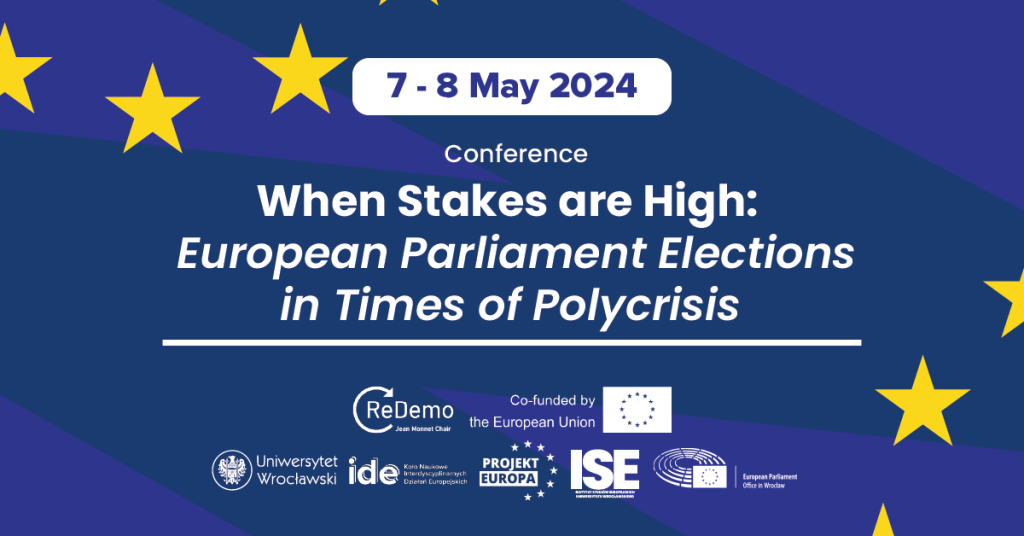
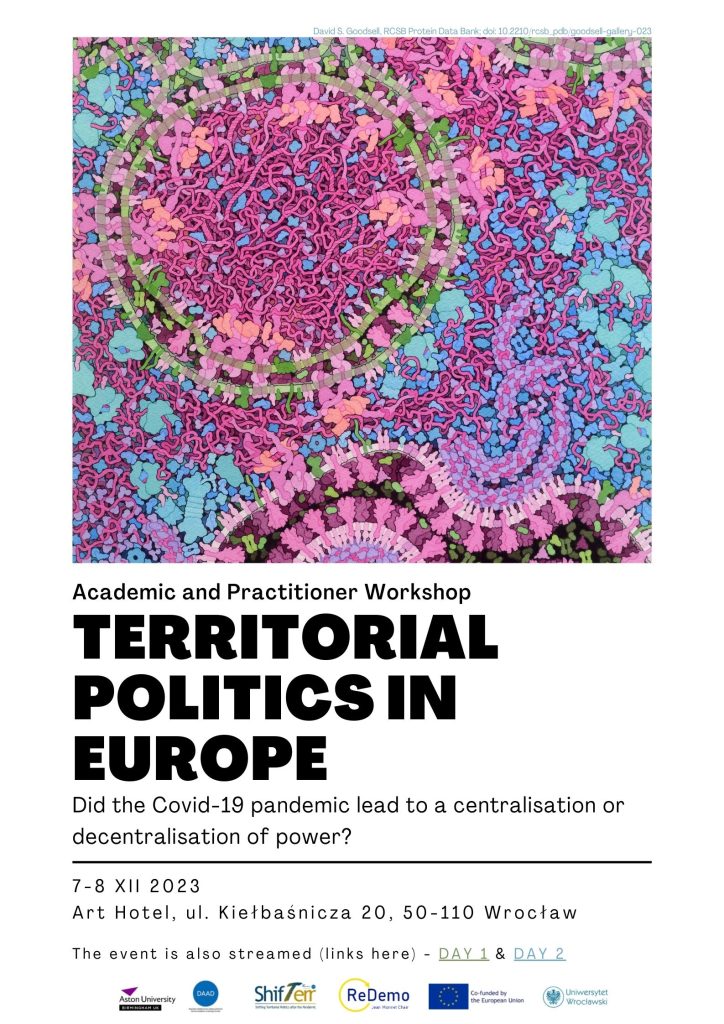
2023 Parliamentary Elections in Poland: Challenges – Context – Strategies (May 30th -31st 2023, Wrocław)
In the wake of the upcoming parliamentary elections in Poland, we cordially invite to an academic conference taking place on May 30th and 31st 2023 at the Faculty of Social Sciences (3 Koszarowa Street). The conference begins with a pre-election debate including six representatives of Polish parliamentary parties: Ms Mirosława Stachowiak-Różecka (Law and Justice), Mr Michał Jaros (Civic Platform), Ms Agnieszka Dziemianowicz-Bąk (the Left), Mr Miłosz Motyka (the Polish People’s Party), Mr Michał Kobosko (Poland 2050) and Mr Krzysztof Tuduj (the Confederation). The pre-election debate will be moderated by students of the University of Wroclaw, who have also authored all the questions. The debate will be simultaneously translated from Polish into English. You can follow the debate in person or online, both in EN and PL: https://bit.ly/DEBATA_POLITYCZNA_2023
The conference will host panel discussions with Polish and foreign speakers who will discuss such topics as: strategies for creating electoral lists, the conduct of the electoral campaign in the media, the rule of law or the significance of the forthcoming elections for the functioning of the European Union. All panels have a hybrid format allowing in-person and online participation (links are provided in the programme below). The language of the discussion will be Polish or English.
The scientific supervisors of the conference are Prof. Anna Pacześniak and Prof. Aleksandra Maatsch. The debate with politicians is organised by the European Studies Students’ Scientific Circle “Project Europe” and the Scientific Circle of Interdisciplinary European Activities.
The conference is funded by the Jean Monnet Chair at UWr and the German Academic Exchange Service (DAAD).
Further details are provided on the websites of the University of Wrocław and in social media.
See the attached conference programme (in PL/EN) for further details.
https://redemo.eu/wp-content/uploads/2023/05/conference_program-FINAL_EN.pdf
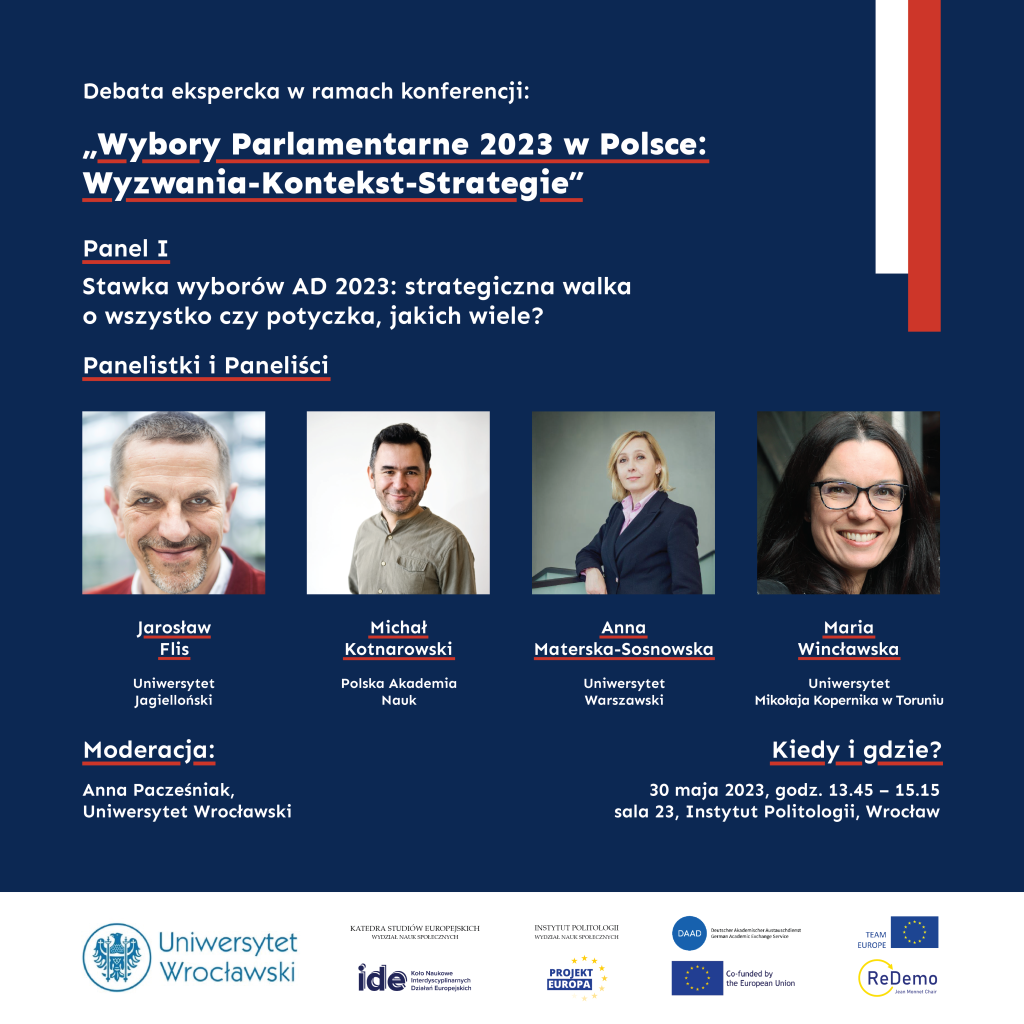
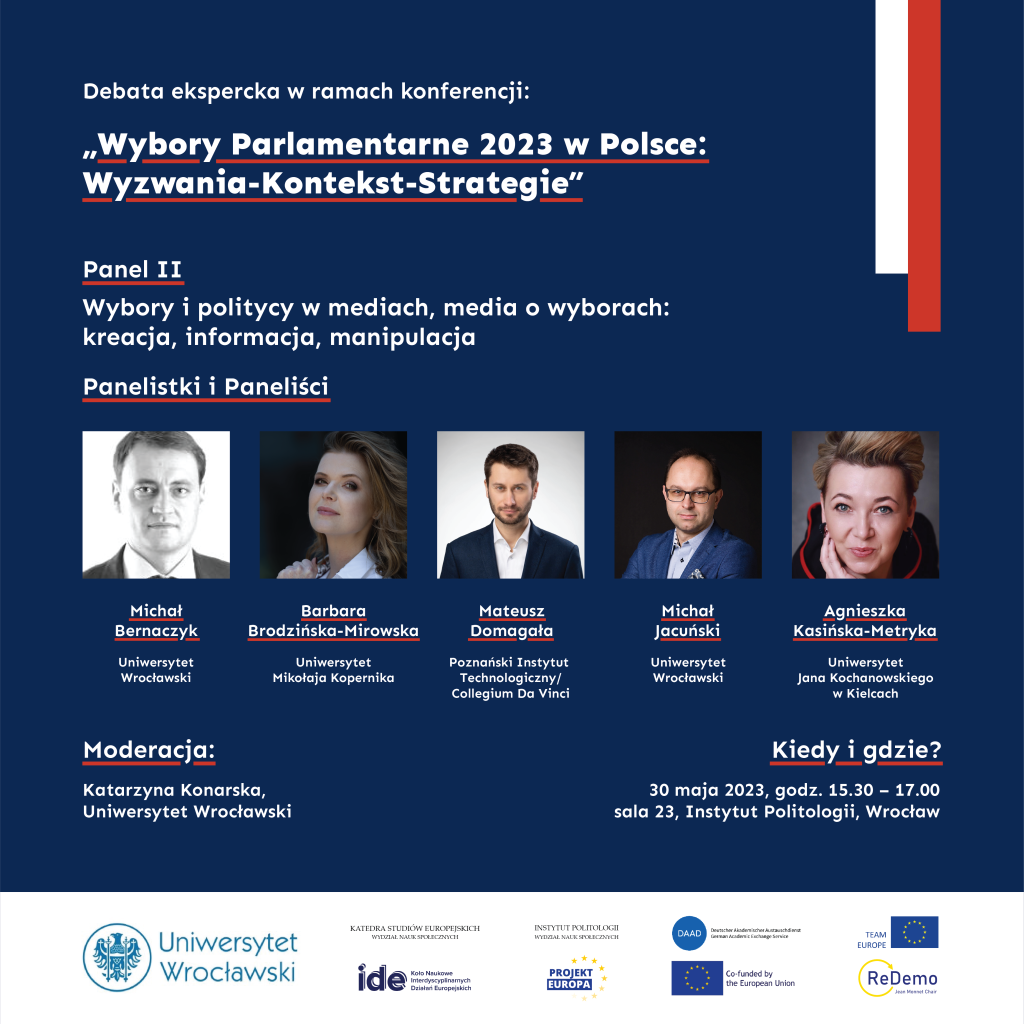
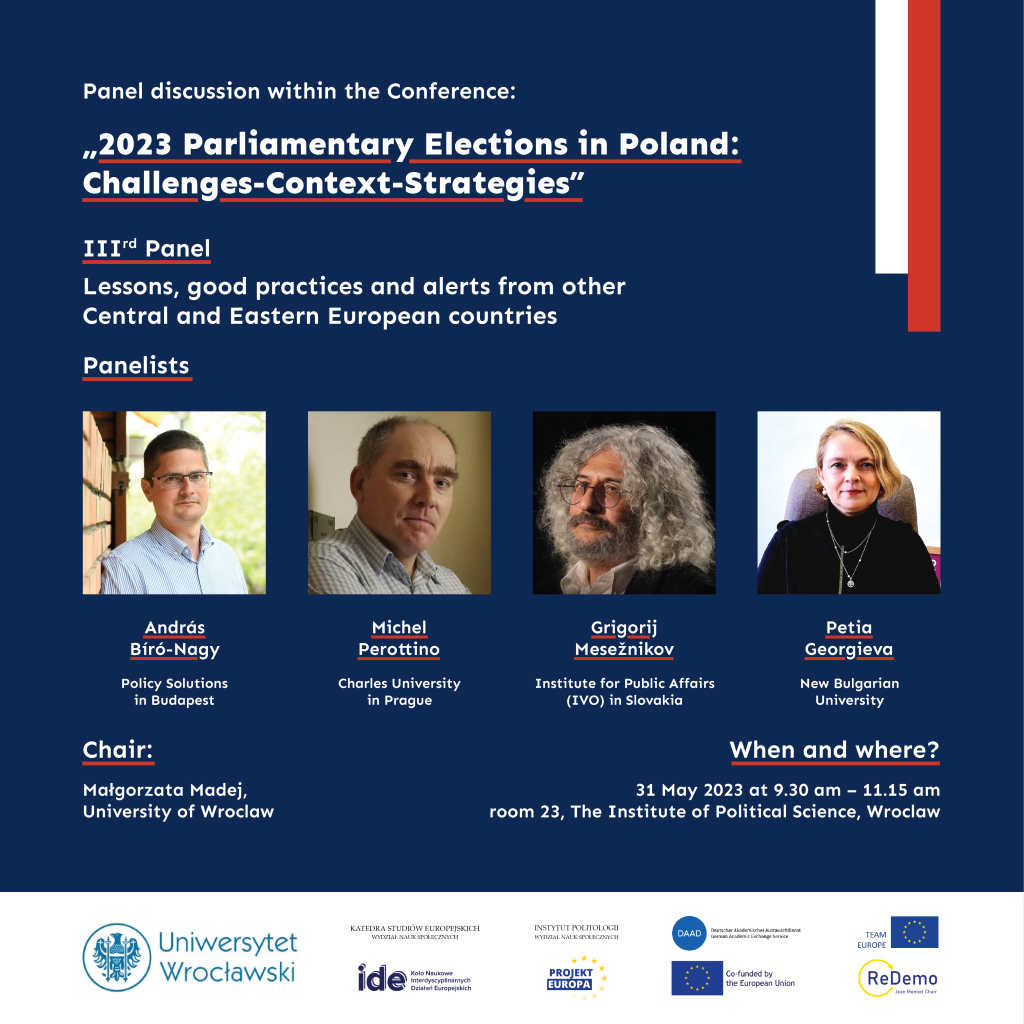
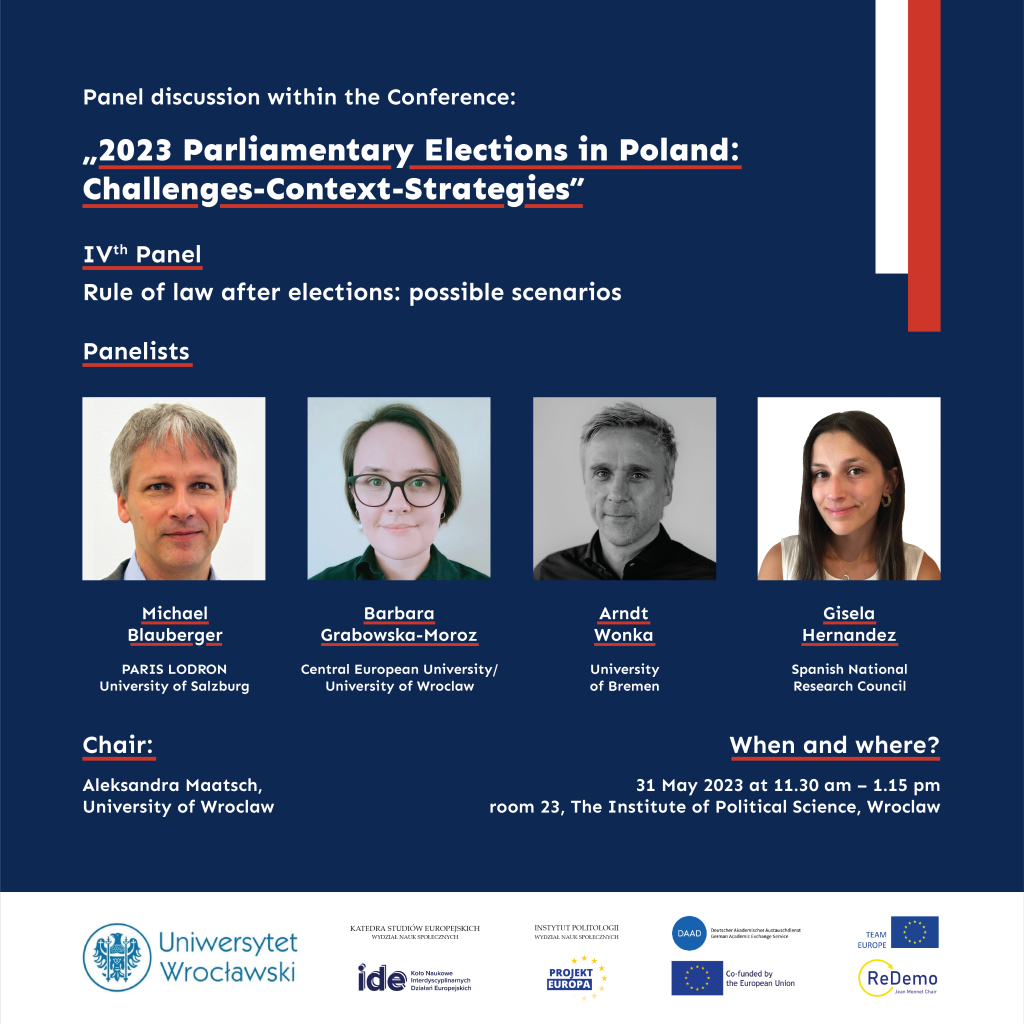
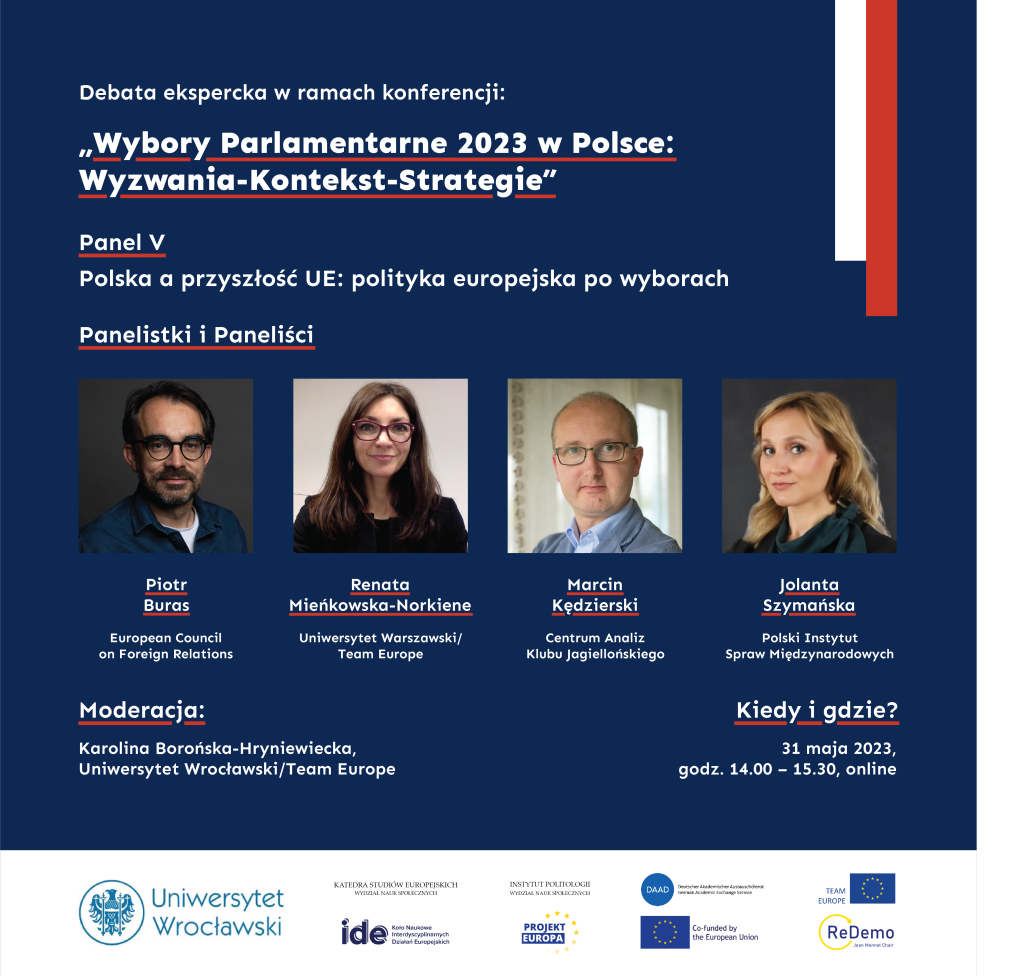
European Postgraduate Workshop ‘Populism in History and Today’ (September 13-16 2022, Berlin)
Populism is mostly regarded as a contemporary phenomenon. Yet scholars have stressed that to understand its contemporary manifestations, we also need to understand its historical roots. To bring students and scholars together to study populism in history and today, the Institute for German and European Studies (IGES) at the University of Birmingham and the Jean Monnet Chair at the Willy-Brandt-Centre (WBZ) at the University of Wrocław, and the Centre for Research on Anti-Semitism (ZfA) at the Technical University in Berlin are organising a 4-day European Postgraduate Workshop in Berlin, focusing on the topic ‘Populism in History and Today’. The workshop offers doctoral and advanced MA students the opportunity to gain cutting-edge research skills and practise these using original materials compiled by leading political scientists and historians in the field of populism studies.
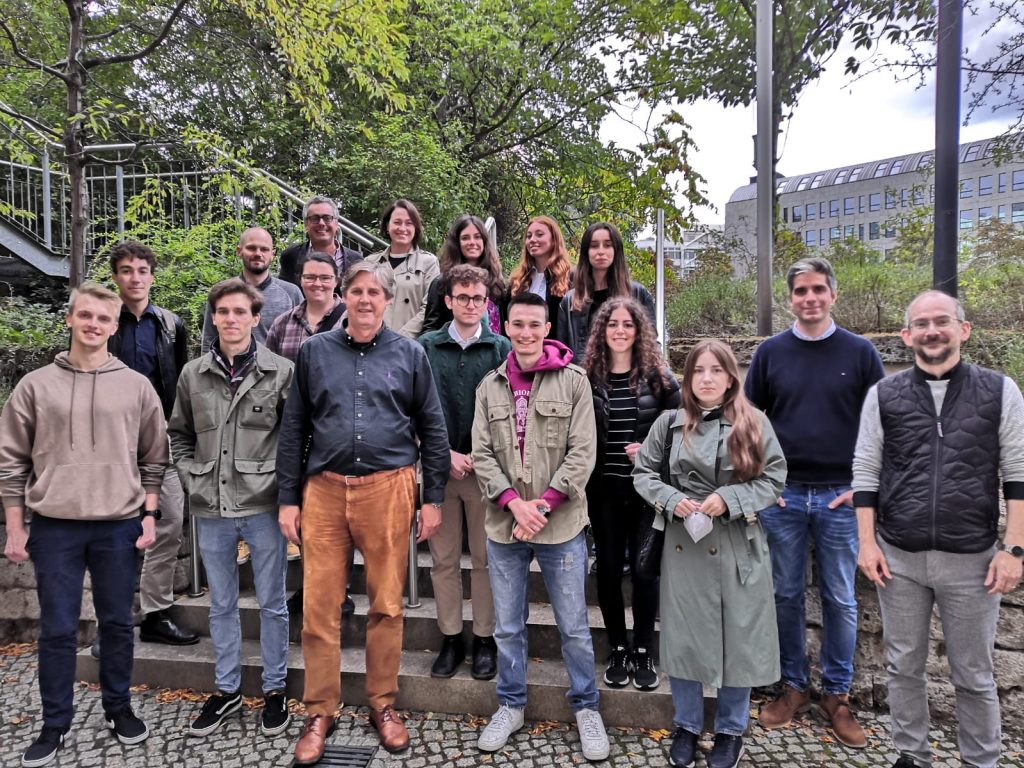
Hybrid workshop launching the Jean Monnet Chair (June 27th 2022, House of Europe)
Organizers: Jean Monnet Chair at the Willy Brandt Centre, University of Wroclaw jointly with the Office of the European Parliament and the Regional Representation of the European Commission in Wrocław
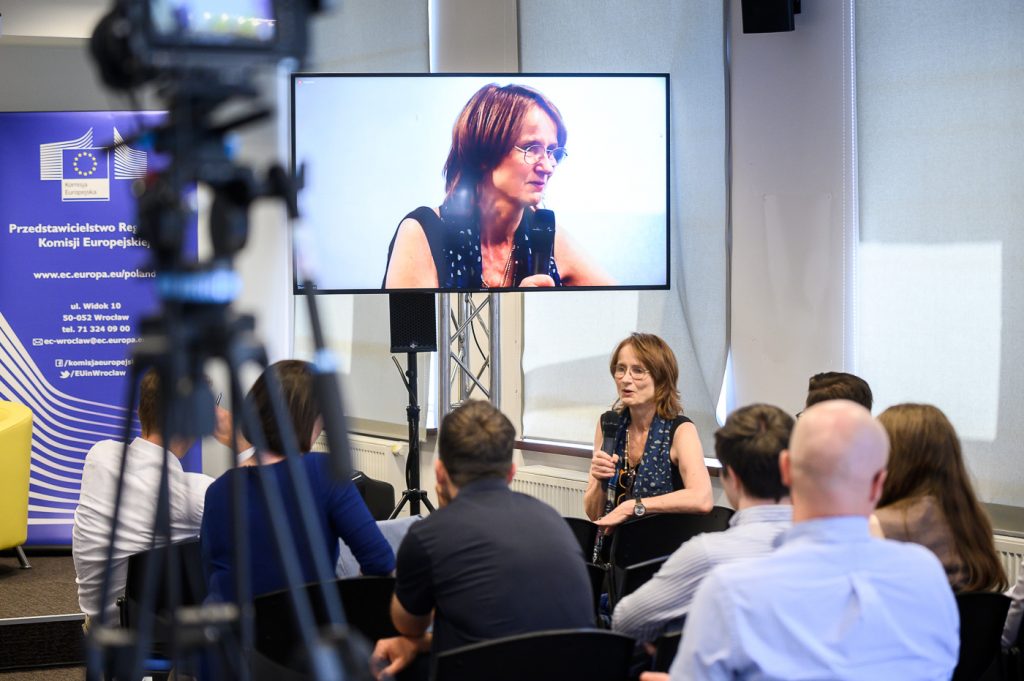
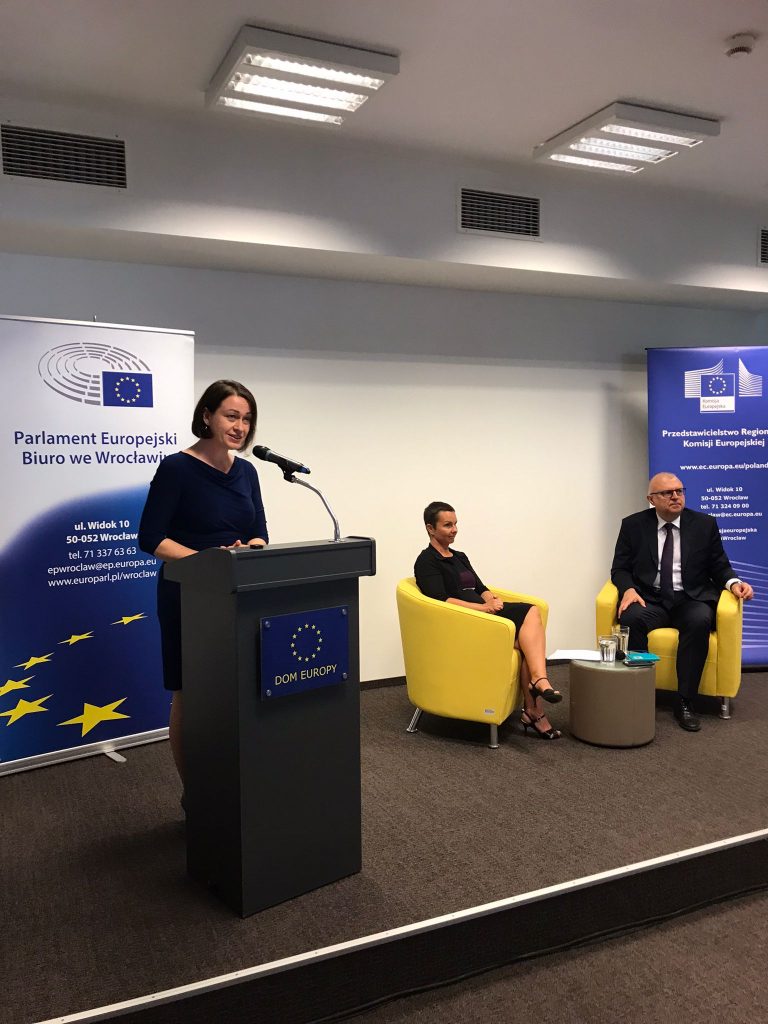
Hybrid workshop “Representative Democracy in Crisis Mode: Euro crisis and the COVID-19 compared” (June 3rd 2022, Salzburg)
Organizers: Eric Miklin (Paris-Lodron-University-Salzburg)
Aleksandra Maatsch, Edgars Eihmanis (Jean Monnet Chair, University of Wroclaw)
